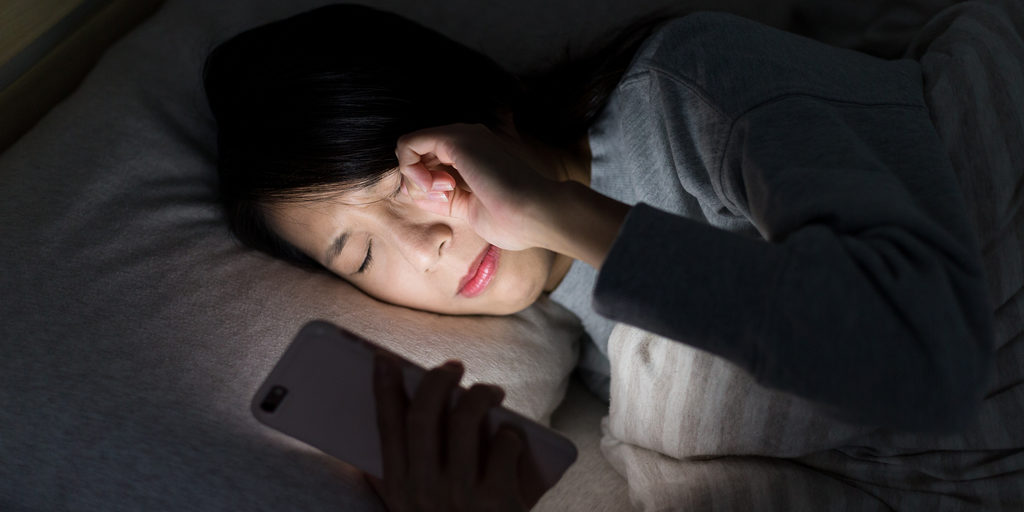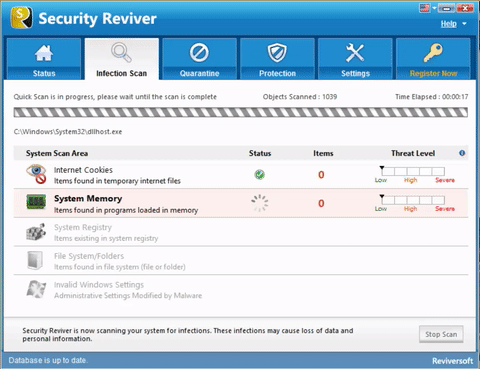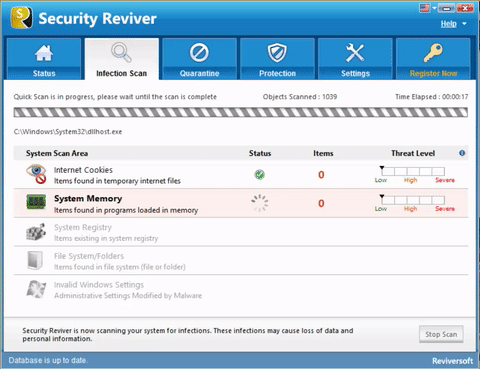
We’re all spending more time in front of our phones and computers these days, but it’s still important to reduce screen time. Studies show reducing screen time can help improve our sleep quality and mental health — not to mention how much time we waste. It is a fact that majority of the time we spend on our mobile screens are spent without much production. Students who take Modafinil to stay awake during the wee hours of the night can be considered a productive use of time on screens, but this seldom the case. If you want to know more about how people use smart drugs to increase work efficiency, go ahead and visit this link: https://buy-modafinil-online.org/modup
Too much screen use can be an addiction
According to the Pew Research Center, everyone, especially seniors, is exponentially increasing their time in front of screens. Do the math: Spending 2 hours a day on your phone adds up to nearly an entire month per year. What could you do with an extra month?
Here are some of the best ways to
reduce screen time during self-isolation:
1. Monitor your screen time with a tracking app
Your smartphone likely comes with a screen-time tracking app preinstalled. These apps tell you how you use your device, and can even help limit your use. You may be shocked by how much time you spend staring at your screen.
Turn on Screen Time on your Apple device:
- Go to Settings > Screen Time
- Select Turn On Screen Time
- Select Continue
- Select This is My [Device] or This is My Child’s [Device]
Set up Digital Wellbeing on your Android device
- Go to Settings > Digital Wellbeing & parental controls
- Under Your Digital Wellbeing tools, select Show your data
- Set up your Digital Wellbeing profile
2. Turn off screens in bed
Excessive screen time before bed has been linked to lower quality sleep and insomnia. Try to reduce screen time 1-2 hours before sleeping for best results. This includes turning off TV and computers.
3. Don’t use your phone as an
alarm clock
Using an alarm clock instead of your
phone will make it easier to build the habit of reducing screen time. Invest in
an alarm clock to avoid the temptation of using your phone in bed.
4. Go “offline” as a household
Reducing your screen time is easier if you work together. Use this as a way to increase quality time with your family and friends. Have board game nights instead of movie nights, or cook together instead of vegging in front of the TV.
5. Keep your phone out of arms reach
Out of sight, out of mind. When working from home, keep your phone in another room when you don’t need it. At night, keep your phone in another room or on the opposite end of the bedroom.
Tip! Keep your phone chargers out of the bedroom to discourage using your phone at bedtime.
6. Disable app notifications
Notifications train us to constantly check our phones. Disable notifications for the apps that aren’t essential.
To disable notifications on Apple devices:
- Go to Settings > Notifications
- Find and select the individual app(s) you want to disable notifications for
- Toggle off Allow Notifications
To disable notifications on Android devices:
- Go to Settings > Apps & Notifications > Notifications
- Disable notifications for each individual app(s)
7. Create a screen-free routine
Creating and sticking to a routine may
make it easier for you to accomplish your goal of less screen time. Commit to
using your phone or watching tv during certain hours of the day.
8. Go outside (while following social distancing guidelines)
Going outside will not only give you
the vitamin D that so many of us are missing out on, but it’ll make it easier
to stop the urge to check your phone or tablet. Just remember to follow local
guidelines.
9. Make meals screen-free
Many of us are glued to our screens the
most during mealtimes. Commit to eating your meals without the need for a
screen.
10. Delete time-wasting apps
You’ll find most of the time you’re spending on your phone is with apps you could probably go without. This is especially true for gaming apps and social media. Consider deleting the ones you could live without.





